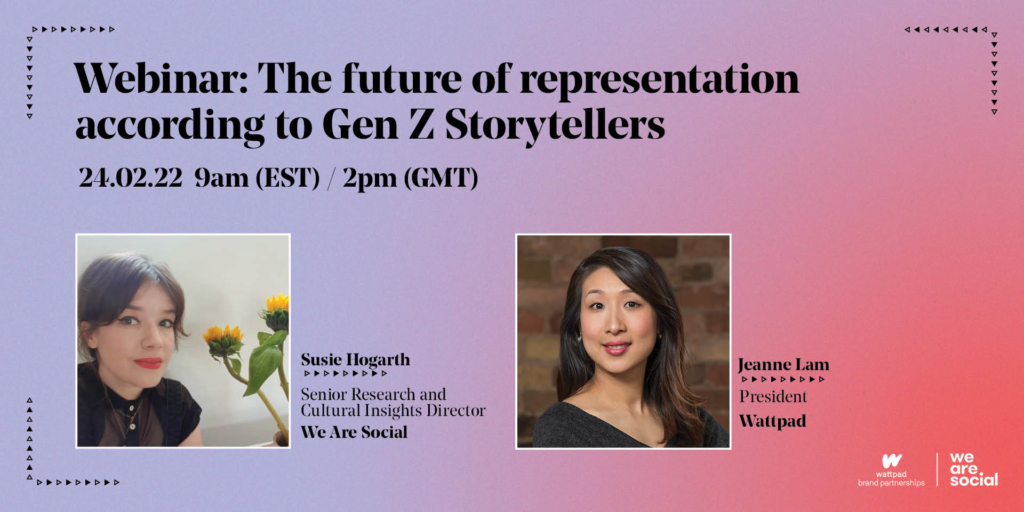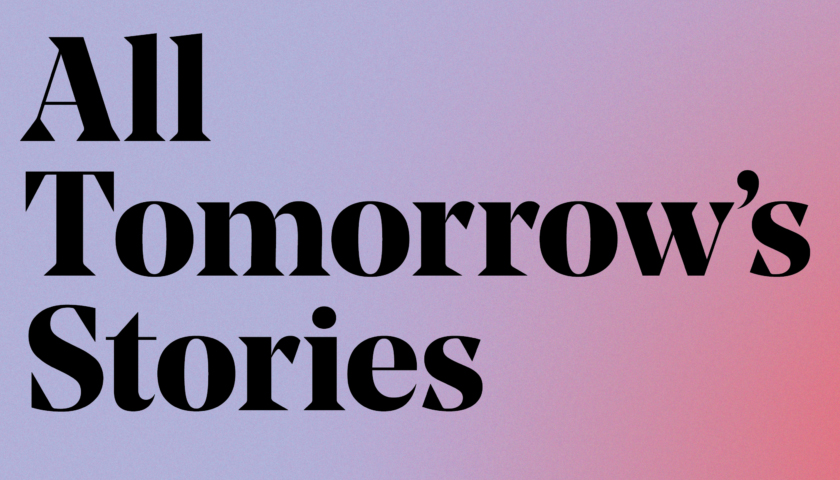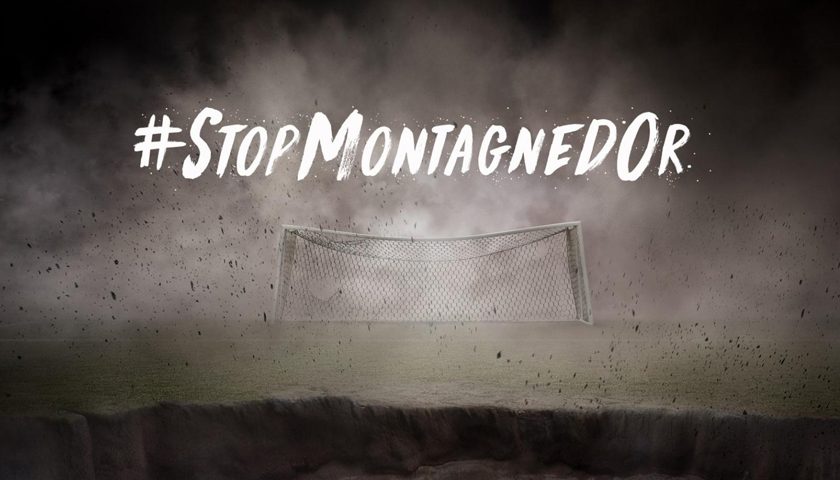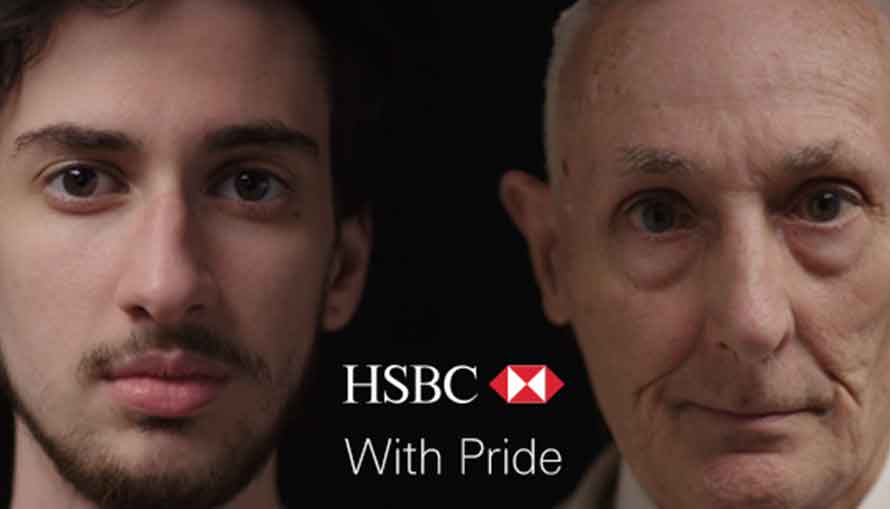We Are Social has collaborated with global entertainment company and leading webnovel platform Wattpad to develop a better understanding of the future of representation. Senior Cultural Insights Director, Susie Hogarth reflects on what inspired the project and why now is the right time for brands to plan how to build a more inclusive future in the industry and beyond. We include the blog below which is copyright to We Are Social and available to read here. Please check them out there are some great pieces on the site.
When the opportunity arose to collaborate with Wattpad on a piece of research, I was excited. I’ve been working in social and cultural trends for a decade, and I have vivid memories of Wattpad’s emergence as a key player in the internet of the early 2010s. It was a time of rapid change in the social media landscape that would go on to shape the next decade of cultural, creative and commercial culture online.
Global phenomena like Gangnam Style and Kony 2012 were waking people up to the potential of virality as a legitimate cultural and commercial force. A new generation of insanely popular YouTube creators were disrupting the celebrity hierarchy. And the word ‘fanfiction’ was entering common usage for the first time, as a vast number of young readers and writers were flocking to social media to gobble up original stories about their favourite superheroes, celebrities and boyband members. These stories were often remixed from new perspectives as authors shifted the race, gender and sexual orientation to create endless inclusive variations. “Two websites have essentially brought about fanfiction generational shift”, wrote the daily dot in 2013, “Tumblr and Wattpad”.
The impact of that generational shift wasn’t overhyped. Fandom and participatory culture have gone on to be major global cultural and commercial forces today. And mainstream media has become significantly more diverse, thanks to the direct impact that fans’ own ideas and identities have had on the decisions of major media studios and producers. While Tumblr might have lost its foothold following policy changes, its cultural legacy lives on – recently at the centre of a pique in early 00s nostalgia. Wattpad, meanwhile, has spent the last decade enjoying significant growth, in both its audience and in its cultural impact. Its library of stories has expanded massively beyond its fanfiction origins, original titles like After, and The Kissing Booth attracting billions of reads, and major publishing and movie deals. It also remains a strikingly diverse space. In 2019, for example, reading time for fantasy stories tagged #Diversity grew by 125%, while #Diverse tags in sci-fi stories saw an impressive 269% boost in reading time, and the #Diversity tag saw 73% growth in the horror genre.
With such a unique role in digital culture and inclusive storytelling, the opportunity to speak to Wattpad’s Gen Z audience was an exciting one, allowing us to better understand what more inclusive and representative stories might look like in the future.
The future of representation is of the utmost importance to We Are Social as an agency. Our Diversity and Inclusion Charter For Change details the organisation’s commitment to better representation both internally and in our creative output, allowing us to create work that is progressive, and represents different cultural and social values in an authentic way.
So with this in mind, we wrote a survey, sent it to 1095 members of Wattpad’s UK community and set about interviewing a panel of eight of Wattpad’s most committed readers and writers – all of whom were from underrepresented or marginalised communities.
The conversations that followed were enlightening, engaging and full of bright ideas. Our panel was impressively informed on the politics and importance of representation. And they were deeply connected to the magic and power of stories and storytelling. For them, social media offers a platform to create worlds they wished existed.
And why wouldn’t it? After all, social media, for all its challenges, continues to play a uniquely powerful role in creating more diverse media for underrepresented communities – one that is leagues ahead of legacy media. In fact, almost 60% of respondents saw themselves represented on social media – the highest-scoring media type in our survey.
But what does this all mean for the future? In our report, we outline four key principles for creating better representation going forwards, built on what we heard from our survey and interviews. One of which (you’ll have to download the report for the rest), focuses on the importance of safe spaces in ensuring that inclusive representation can happen effectively in an online world. And it’s this principle that seems most likely to grow in importance as digital culture progresses into its next era – that of the immersive and community-based experiences of web 3.0 and the metaverse.
Many wise words have already been written about the importance of making the metaverse, in the words of the World Economic Forum, “inclusive from the outset”. And often these conversations, understandably, focus on the politics of avatars and individual identity. What does representation look like when identity can be selected from a drop down menu? But they often overlook how the nature of where these avatars will interact will be just as crucial as what they look like and do. The shared communities, spaces and conversations in which our online selves are spending time will play a pivotal role in how diverse and inclusive the next internet is, and the stories that brands and creators tell there.
And what we heard in our research was the extent to which this is already the case. Whether in virtual reality or not, safe spaces, community, and feeling represented go hand in hand for many people engaging with others online. “It’s nice on Instagram”, pointed out Ari, 16, He/Him to us, “because I’m following LGBT people who help other LGBT people and artists who are allies. It’s a good example of community being important in representation.”
Community, content, representation. We’re already watching these concepts become more interdependent. In a socially mediated landscape, representation isn’t something that happens on a big screen in the dark; it’s something that is created in dialogue, by influencers, creators and everyday social media users building relationships, communities and ideas together. For brands looking to secure a more inclusive future, and create content that feels authentic and diverse enough to cut through, now – as we enter another exciting decade of change – is the time to listen, understand and plan.

Sign up to the webinar on 24th February here.
Read All Tomorrow’s Stories: The future of representation according to Gen Z here.


